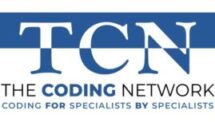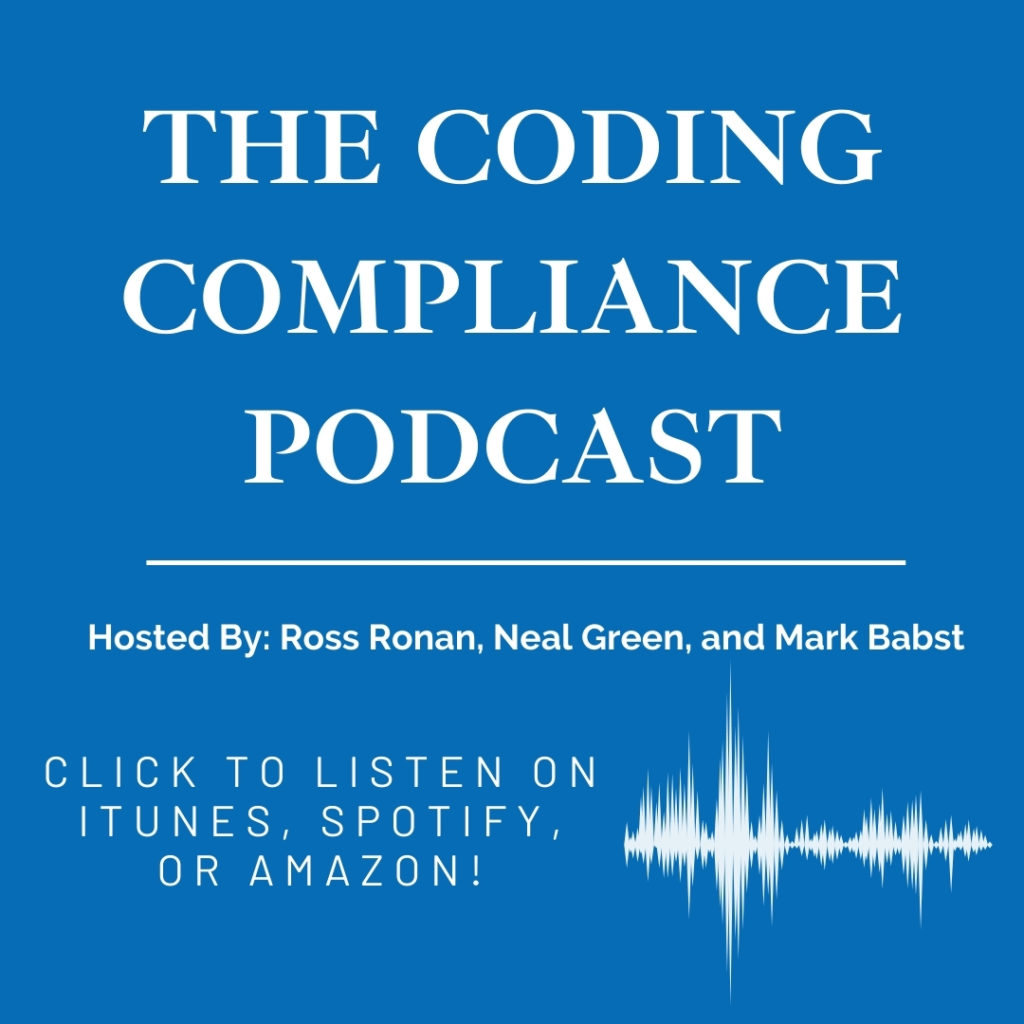Why Audit Your Coding
Although we provide total or partial outsourcing of a practice’s coding, we recognize that this is not always the desired solution for everyone. In coding, one size does not fit all. Many practices and facilities made substantial investments in their coding staff and already employ talented coders. However, as in any technical and dynamic field, it is recognized that everyone who codes medical services (including physicians who code their own work) should have periodic coding “peer reviews” to assure that their skill levels remain high and accurate. Both the OIG and CMS recommend that all providers have their coding reviewed by an outside independent party with appropriate expertise in that clinical specialty, on a regular basis. The purpose of these reviews is to obtain an unbiased independent evaluation of the provider’s coding and to ensure its accuracy and compliance with current laws, rules, and regulations. Only an independent review can serve to identify errors and misconceptions regarding coding, as well as ensure that coding regulatory updates (i.e., new/modified codes, new/modified coding edits and bundling rules, etc.) are being incorporated into the provider’s coding protocols. Feedback is essential for a program of “continuous quality improvement” to prevent errors from becoming “institutionalized.” Specialty coding skills vary from individual to individual and staff changes can occur at any time, so the recommendation for independent reviews applies not only to whenever regulatory coding changes occur, but also when a provider experiences personnel changes in its coding staff.
Federal and state statutes make the physician and group practice whose names appear on the claims responsible for “false claims” and any other billing irregularities. CMS has hired independent companies (Recovery Audit Contractors or “RAC”) to review the accuracy of claims on a contingency percentage, or “bounty hunter” basis. The stakes are high, making it incumbent upon each-and-every provider to ensure that regular “arms-length” independent audits are performed to keep their coding accurate. Independent, outside coding audits demonstrate that reasonable steps have been taken to ensure compliance. In the event of an OIG audit, having an “arms-length” independent coding evaluation helps prevent and reduce potential legal and financial compliance exposure. Additionally, the results of independent coding reviews can be utilized as a meaningful teaching tool for the healthcare providers and coding staff.
Accuracy in coding does not solely mean the reduction of compliance exposure. An equally important result of an independent coding review is the identification of opportunities to optimize reimbursement. Coding errors and misconceptions can also result in lost charges and undervalued services. Without outside “peer reviews,” errors, along with whatever else the coder does not know become institutionalized and can be extremely costly in terms of lost charges and reimbursement over time. No payer will ever send a payment for more than was billed because they identified an omitted code. Our audit reports address this by identifying missed charges and undervalued services.
The purpose of coding is to accurately report what happened during the provider-patient encounter. This is totally dependent upon the thoroughness and clarity of the doctors’ medical reports. The codes must reflect the contents of the doctors’ medical records. They are the legal source documents; nurses’ notes, technicians’ notes, and the rest of the chart are secondary to the physicians’ notes and reports. An integral component of our coding accuracy review is to identify any documentation deficiencies or discrepancies in the physicians’ reports that we observe. This feedback helps our clients improve the quality of their medical records, which we feel leads to improved patient care, and also gives the coders more complete and thorough documentation from which to code.
How can having The Coding Network perform periodic coding accuracy audits help your organization:
- Helps with OIG regulations compliance
- Keeps you from paying fines and/or going to jail
- Identifies if you are leaving money on the table
- Ensures you are up to date with coding rules and regulations
- Improves the accuracy of your medical records
- Enables you to better manage your staff
- Serves as a teaching tool for your employees

